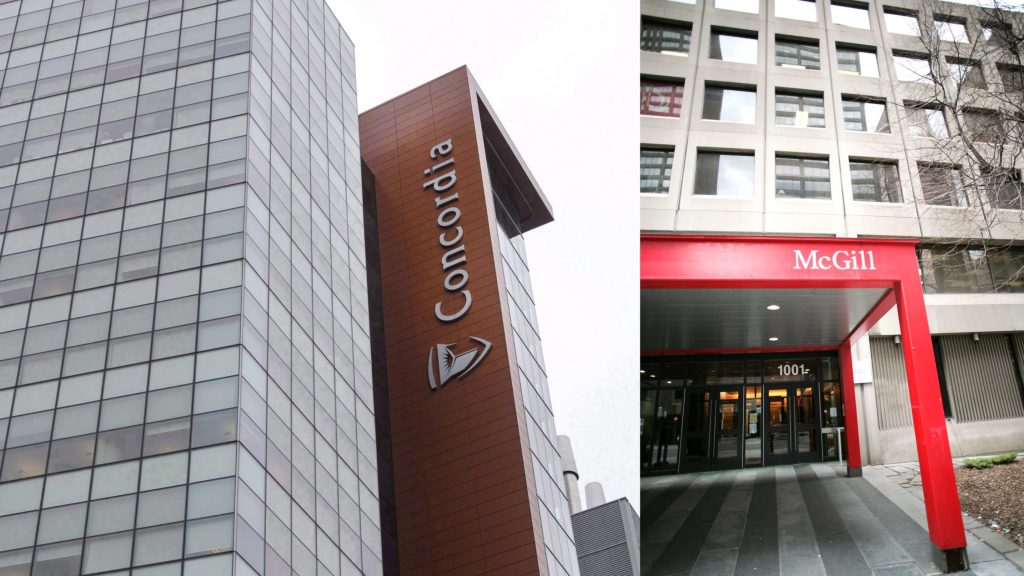Quebec language law: some businesses fear impact of Bill 96, consider leaving province

Posted May 8, 2022 3:07 pm.
Last Updated May 8, 2022 3:09 pm.
As Quebec’s contentious language law heads closer to adoption, the province’s business community is growing increasingly anxious about what it could mean for their bottom line, with some companies considering leaving entirely.
Known as Bill 96, the legislation would impose tougher language requirements on small businesses and companies in federally regulated industries, such as banking and telecommunications, as well as governments and schools. The bill is expected to pass before the legislature breaks for the summer.
On top of strengthening 1977’s Charter of the French Language – the province’s signature language law usually known as Bill 101 – the legislation would apply to tens of thousands of previously exempt businesses.
If it passed, companies with 25 employees or more would be subject to “francization” – government certification that use of French is generalized in the workplace – down from 50 currently. The bill also assigns new powers to the French-language watchdog and sets tighter language rules for professional orders.
The cost for a roughly 50-employee company would range between $9.5 million and $23.5 million, according to estimates from the Canadian Federation of Independent Business. Expenses range from fees for translation and legal services to administrative burdens, such as creating a workplace assessment to ensure French permeates all corners of the company.
An internal or public complaint could trigger an investigation from the provincial Office quebecois de la langue francaise. The watchdog can also demand on its own initiative that a business between 25 and 100 workers form a francization committee, another expense for smaller companies.
Other provisions beef up existing protections of the charter.
RELATED:
- English Montreal CEGEP students protest against Quebec’s proposed language reforms
- Compromise made to Bill 96, English-speaking students still unhappy about impacts
- Quebec’s Bill 96 could negatively impact patient care, say advocates
One clause bars employers from demanding proficiency in a language other than French unless they can show the job demands it and that all reasonable avenues were explored to steer clear of the requirement. Currently, requiring another language as condition of employment is allowed only if “the nature of the duties requires such knowledge,” Bill 101 states.
The high thresholds risk driving head offices from Quebec and hampering the province’s export economy, trade associations say.
“Companies in Quebec have to be able to have bilingual employees and be able to service outside buyers in English,” Michel Leblanc, CEO of the Chamber of Commerce of Metropolitan Montreal, said in a phone interview.
“We want companies to be able to decide when they should hire bilingual people.”
On top of strengthening the prominence of French on signs and posters, the legislation also requires businesses to draw up employment contracts and other documents in French.
“That’s not doable. We have companies in Quebec doing businesses with companies all over the world,” Leblanc said, adding that French does need some special protections.
READ MORE:
- Bill 96 to ‘negatively affect’ anglophone Indigenous CEGEP students, says expert
- Quebec groups worry Bill 96 will impact students’ success
Amid a labour shortage in industries like fashion and food services, many stores increasingly look to students – including those from out of province or country – to staff counters and stock shelves, with the possibility that some will stay on and integrate post-graduation. Now that door will largely close, since many of those students do not speak fluent French, he said.
Outfits affected range from retail stores to small, international tech companies as well as big federal firms.
The language office estimates Quebec is home to about 20,000 businesses of between 25 and 49 workers.








